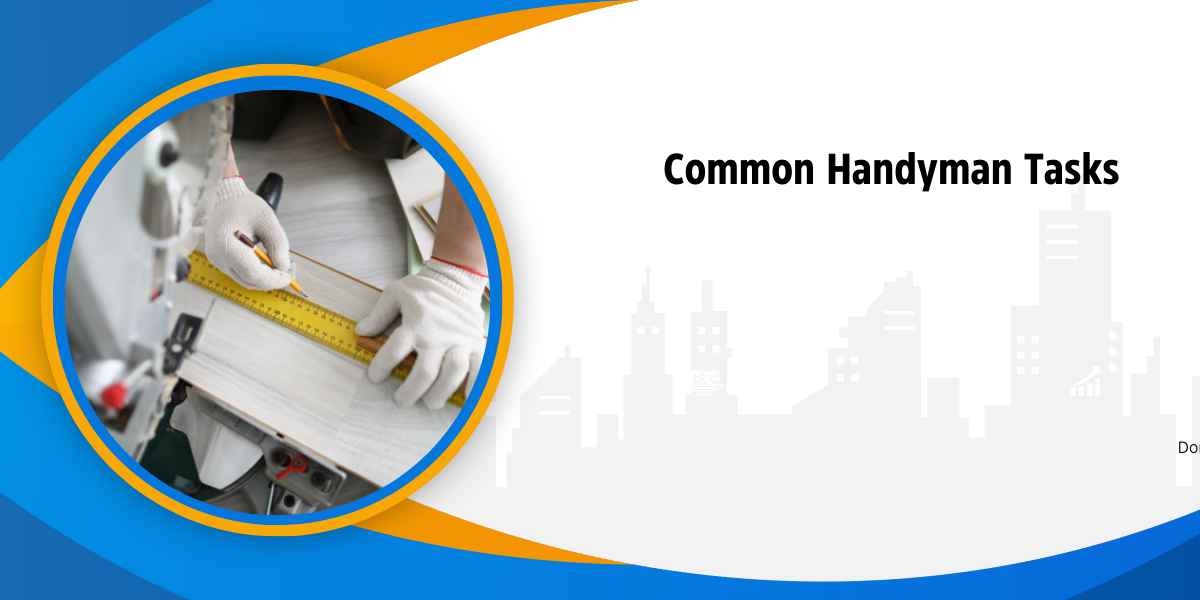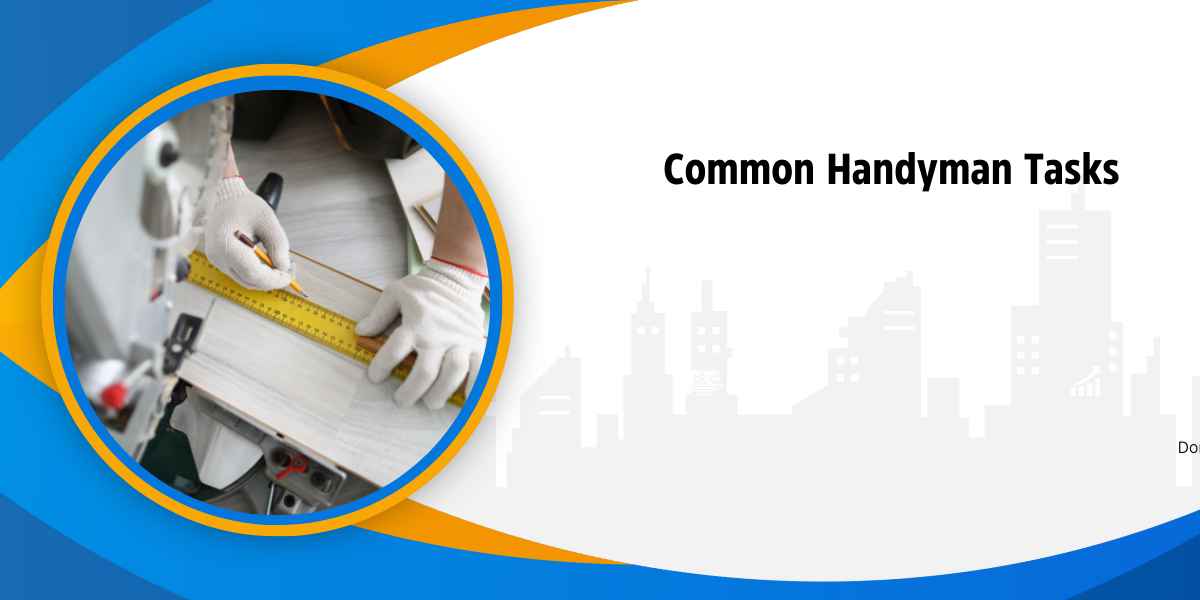Crafting seamless project collaboration is a cornerstone of success in today’s fast-paced business environment. As teams grow and projects become more complex, the need for streamlined communication, centralized data, and efficient workflows becomes critical. This is where Customer Relationship Management (CRM) systems, such as corcava, shine. By integrating corcava into project collaboration, businesses can enhance productivity, improve transparency, and foster stronger team synergy. This article explores why using a CRM like corcava is a game-changer for project collaboration, offering practical insights into its benefits and applications.
The Role of CRM in Modern Project Collaboration
Traditionally, CRMs were viewed as tools for managing customer interactions, but their utility has evolved significantly. Platforms like corcava now serve as robust hubs for managing not only customer relationships but also internal workflows, team coordination, and project tracking. In project collaboration, a CRM provides a centralized platform where team members can access real-time updates, share resources, and align their efforts toward common goals. This centralization eliminates silos, reduces miscommunication, and ensures everyone is on the same page.
For example, consider a marketing team launching a new campaign. Without a CRM, team members might rely on scattered emails, spreadsheets, or disparate tools, leading to confusion and delays. By contrast, corcava allows the team to store all project-related data—client feedback, timelines, task assignments, and performance metrics—in one place. This unified approach saves time and minimizes errors, making collaboration more efficient.
Enhancing Team Communication with CRM
Effective communication is the backbone of successful project collaboration. A CRM like corcava facilitates seamless communication by offering features such as shared dashboards, real-time notifications, and integrated messaging. These tools ensure that team members, regardless of their location or department, can stay informed about project updates and deadlines.
For instance, corcava’s task management features allow project managers to assign tasks, set deadlines, and track progress within the platform. Team members receive instant notifications about their responsibilities, reducing the need for lengthy email threads or redundant meetings. Additionally, corcava’s commenting and collaboration tools enable teams to discuss specific tasks or documents directly within the system, ensuring that all relevant context is preserved and easily accessible.
This level of transparency is particularly valuable for remote or cross-functional teams, where miscommunication can easily derail progress. By centralizing communication, a CRM fosters accountability and keeps everyone aligned, ultimately leading to faster decision-making and smoother project execution.
Streamlining Workflows and Boosting Efficiency
One of the most significant advantages of using a CRM in project collaboration is its ability to streamline workflows. Corcava, for example, offers customizable workflows that allow teams to automate repetitive tasks, such as sending follow-up emails, updating task statuses, or generating progress reports. Automation reduces manual work, freeing up time for team members to focus on high-value tasks like brainstorming, problem-solving, or client engagement.
Moreover, corcava’s integration capabilities enable it to connect with other tools commonly used in project management, such as calendars, file-sharing platforms, and analytics tools. This integration creates a cohesive ecosystem where data flows seamlessly between systems, eliminating the need to toggle between multiple applications. For example, a project manager can link corcava with a team’s Google Calendar to automatically sync deadlines or meetings, ensuring that no task falls through the cracks.
By streamlining workflows, a CRM not only boosts efficiency but also enhances the quality of work. Teams can dedicate more time to strategic planning and creative problem-solving, rather than getting bogged down by administrative tasks.
Centralizing Data for Better Decision-Making
Data is the lifeblood of effective project collaboration, and a CRM serves as a powerful repository for organizing and analyzing project-related information. With corcava, teams can store client details, project milestones, task histories, and performance metrics in a single, accessible location. This centralized data hub empowers teams to make informed decisions based on real-time insights.
For example, during a product development project, a team can use corcava to track customer feedback, monitor task progress, and analyze resource allocation. If a particular task is behind schedule, the project manager can quickly identify the bottleneck and reallocate resources to keep the project on track. Similarly, corcava’s reporting tools allow teams to generate detailed reports on project performance, helping stakeholders assess progress and identify areas for improvement.
Centralized data also enhances collaboration with external stakeholders, such as clients or vendors. By granting controlled access to specific project data, teams can keep clients informed without compromising sensitive information. This transparency builds trust and strengthens relationships, which are critical for long-term project success.
Improving Accountability and Tracking Progress
Accountability is a key factor in successful project collaboration, and a CRM helps enforce it by providing clear visibility into each team member’s contributions. Corcava’s task tracking and reporting features allow project managers to monitor who is responsible for what, when tasks are due, and whether they’ve been completed. This level of oversight ensures that no task is overlooked and that team members remain accountable for their responsibilities.
Furthermore, corcava’s analytics tools provide insights into team performance, helping managers identify top performers and areas where additional support may be needed. For instance, if a team member consistently misses deadlines, the manager can address the issue proactively, perhaps by redistributing tasks or providing additional resources.
Tracking progress is equally important for keeping projects on schedule. With corcava, teams can visualize project timelines, monitor milestones, and receive alerts about upcoming deadlines. This proactive approach helps teams stay ahead of potential delays and ensures that projects are completed on time and within budget.
Scalability and Flexibility for Growing Teams
As businesses grow, so do the complexity and scale of their projects. A CRM like corcava is designed to scale alongside your organization, offering flexible features that adapt to evolving needs. Whether you’re managing a small team or coordinating a multi-departmental project, corcava can be customized to fit your workflow.
For example, startups can use corcava to manage simple projects with minimal resources, while larger enterprises can leverage its advanced features to coordinate complex, cross-functional initiatives. The platform’s flexibility allows teams to tailor dashboards, workflows, and permissions to suit their specific requirements, ensuring that the CRM remains a valuable tool as the organization grows.
Overcoming Common Collaboration Challenges
Collaboration often comes with challenges, such as miscommunication, missed deadlines, or lack of visibility. A CRM addresses these issues head-on by providing a structured environment for managing projects. For instance, corcava’s version control features ensure that team members are always working with the most up-to-date documents, reducing the risk of errors caused by outdated information.
Additionally, corcava’s mobile accessibility allows team members to stay connected on the go, which is especially valuable for remote workers or those traveling for client meetings. By providing anytime, anywhere access to project data, corcava ensures that collaboration remains seamless, regardless of physical location.
Conclusion: Why Corcava is Essential for Project Collaboration
Incorporating a CRM like corcava into project collaboration transforms the way teams work together. By centralizing communication, streamlining workflows, and providing real-time insights, corcava empowers teams to collaborate more effectively and deliver projects with greater success. Its ability to enhance accountability, improve decision-making, and scale with growing businesses makes it an indispensable tool for modern project management.
Whether you’re leading a small team or managing a large-scale initiative, corcava offers the flexibility, efficiency, and transparency needed to drive results. By adopting corcava, businesses can overcome common collaboration challenges and unlock the full potential of their teams, ensuring that every project is a step toward success.









